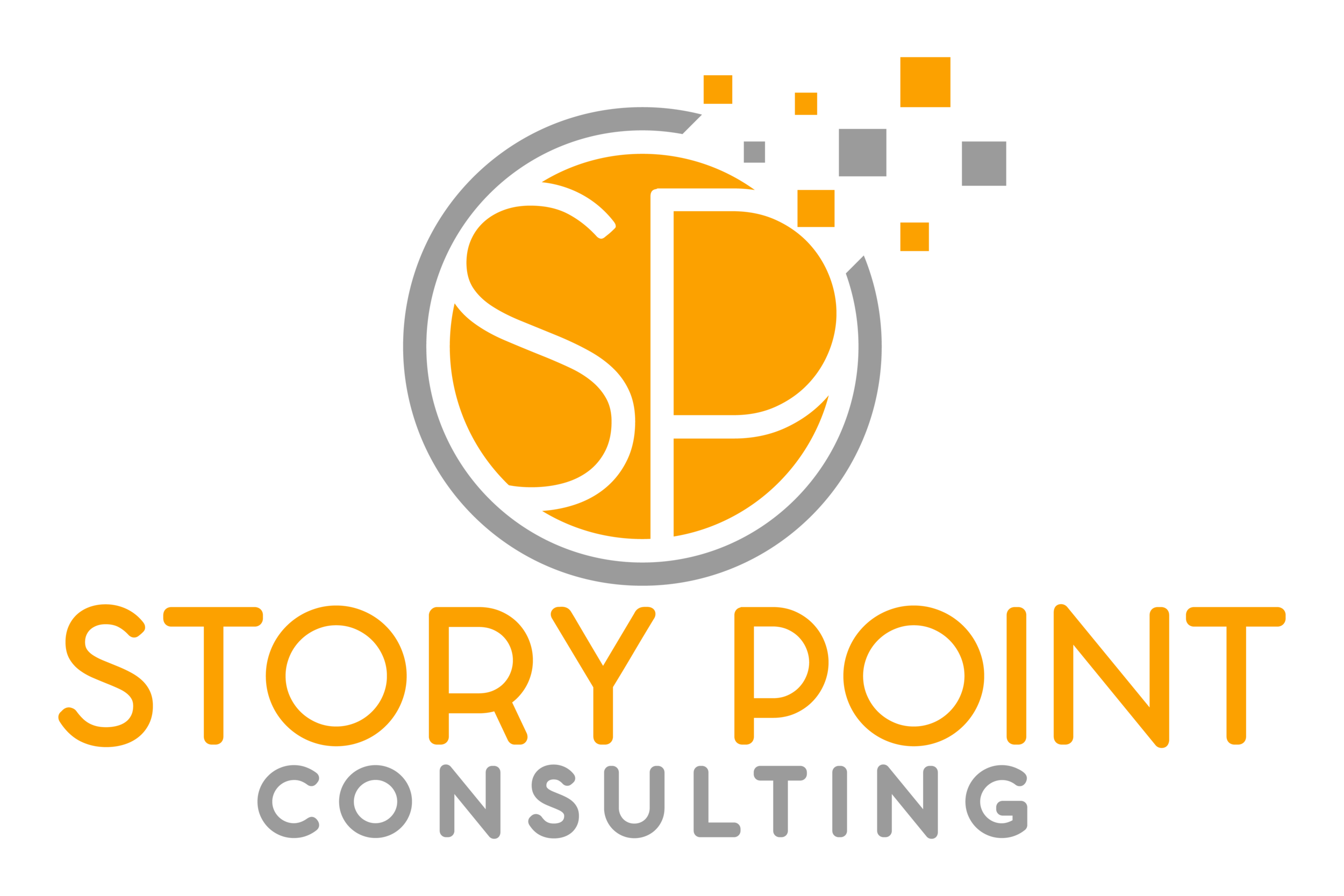4 Common Grant Writing Myths and How to Avoid Them
Funding your organization’s initiatives is an important part of sustaining your organization’s work long-term. For many small nonprofit organizations we work with, some or the majority of that funding comes from grants.
There are several myths surrounding grant writing, and unfortunately, many of these myths keep organizations from being as successful at securing funds as they should be. We often hear of these common misconceptions which are shared by teams working in different organizations across the sector. To help increase your team’s chances of securing grant funding, ensure you avoid adhering to the following common myths.
Myth # 1: Grants are an easy source of funding
One of the most pervasive myths is that grants are easy money. But that is not true. Applying for funding is not a guarantee for success. In fact, it takes time and work to think through a suitable initiative, find funders, and verify the requirements of an application or proposal. And in most cases, your team will need to provide grantmakers with enough information for them to clearly understand whether your organization is a worthy investment. There are many nonprofits vying for funding, including the many organizations who have not previously relied on grants and are now competing for that funding given the challenges the entire sector has faced. So it’s so important to understand that applying for a grant is a serious commitment, and developing a grant proposal is not easy.
Myth # 2: Grants can be done at the last minute
Many organizations do not realize the time that it takes to create a strong grant application or proposal. Writing a grant application requires many different skills and, there are several questions that need time to be answered thoughtfully, and that cannot be done the same day the application is due. Organizations may feel confident that they can get their proposal done in a few hours, and while they may in fact finish their grant application in time, putting the application off until the last minute generally does not result in a strong proposal. Good proposals are well thought out, and grants take research. In fact, the more research you do before submitting your funding request, the better your chances of writing a good proposal. Also, for organizations applying for project-based funding, your team will need time to think through, and come up with a suitable project that aligns with the funders priorities.
Myth # 3: Your budget should include all of your project expenses
Funders will only support certain activities, so it’s important to determine which costs are eligible for support before you start your grant application so your team can create a strong grant budget. While many funders share explicitly what is eligible or ineligible for a grant, this can vary widely across funders. Furthermore, prior to applying, check (and double-check), to make sure that you are clear that your budget items make sense, and, are permitted for the funder who will review your request. This can be particularly important if your organization is applying for support to multiple funders for the same project. Unfortunately, if the items on your budget don’t meet the eligibility requirements, you are unlikely to receive funds.
Myth # 4: Grants are “free money” with no strings attached.
Typically grant recipients are required to send reports to the funder which can include an evaluation of the project and a summary of how the money was used after the project is complete. Depending on the funder, these report requirements can be cumbersome; however failure to report back to a funder can result in lost opportunities in the future. Also, if organizations try to use the money differently from what was stated in the original grant application, funders can revoke the grant and the organization will have to return the funds. So it is important that organizations read through and understand the terms the grantmaker shares upon disbursing the funds, and adheres to them.
Grantmakers can receive a significant number of requests to a call for applications, and they are often limited in how much they can disperse. Because of this issue, grant writing is a competitive process, so it’s important that organizations do not fall for these myths. Do your research, take your time and set your team up for success so that you can enjoy the benefits of receiving a grant to fund your important initiatives.
Whether or not you are new to grant writing, we’ve created a guide to help you. Our digital Grant Toolkit can help your organization prepare and organize key information based on commonly asked grant questions, and help you identify where you have gone wrong in the past and how to improve.




